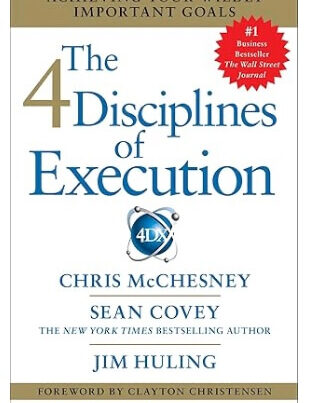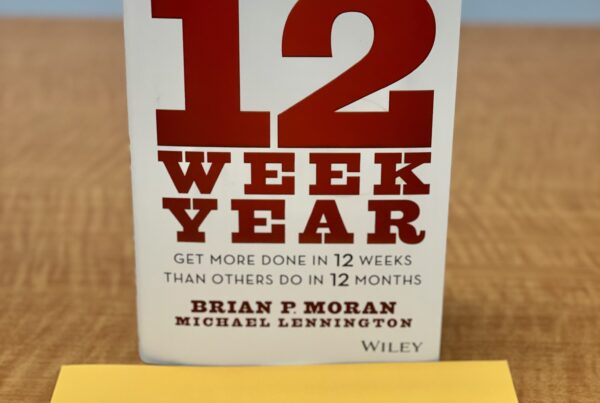Who do you listen to in business and life? Are they experts or pretenders? In other words, what is a thought leader? With the rise of social media and other online platforms, anyone can claim to be an expert in their field. But what makes someone an expert, and how can you turn your expertise into influence? Here’s what you need to know.
What Is a Thought Leader?
What is a thought leader? Proper knowledge and expertise are built on more than just empty claims. They require years of experience, a deep understanding of the subject, and proven results. Many people want to skip the hard work and go straight to the renown, so you must vet your potential experts before taking their advice.
When evaluating credibility, consider the person’s verifying qualifications. Do they have the background to match their claims? Consider things like education, years in the workforce, career accomplishments, and more.
Next, think about their potential motivations. Ask yourself, “What is a thought leader’s goal?” Are they trying to gain something from establishing their position as an expert? Would they have a good reason to inflate their importance? Or are they genuinely trying to help others by sharing their knowledge?
It’s also essential to evaluate the quality and depth of their work. If they cannot provide more than a surface-level understanding of their industry, they might not know as much as they claim. Look for key terms and information that only someone in the business would understand.
These things might make someone an expert, but what is a thought leader specifically?
When you ask yourself, “What is a thought leader?” the answer is more than just “someone with genuine experience.” A thought leader must also have influence; influence is as much about how you make others feel as it is about what you know.
Why do Others influence us?
What made Dwight D. Eisenhower such an inspirational, influential leader? In his book Dwight D. Eisenhower on Leadership, Phillip Schoenberg recounts this story as told by former speechwriter James Humes:
One day during WWII, a woman had lunch with Gen. Douglas MacArthur, Pacific Commander of U.S. Forces, and dined later that evening with Eisenhower. When asked about the difference between the two commanders, she replied, “When I had lunch with MacArthur, I learned how great he was. When I had supper with Eisenhower, I learned how great I was.”
What secret led to such a drastic difference between the two men? The answer is that Eisenhower knew how to ask great questions that made his audience feel valued. The natural result is a productive, free-flowing conversation that is mutually beneficial for all sides.
How to Influence by Asking Good Questions
Can we influence others by merely learning to ask great questions? Think about the last conversation you had. Did the person ask you anything about yourself? How did that feel? Humans typically enjoy having the chance to talk about themselves, so chances are this makes you feel closer to the question-asker. Did you ask them anything in return?
The quickest way to improve your ability to ask great questions is to improve your listening skills. Think about it: a conversation is a two-way street. Great conversations flow when two people take turns talking and listening. How can you ask a meaningful follow-up question if you don’t listen to what someone is saying?
When conversing, focus on what the other person is telling you. Don’t worry about coming up with what you will say next, as this distracts from the conversation. Instead, make eye contact and picture what it is they’re saying. Work on staying in the moment. When you accidentally tune out the entire message, asking great questions is hard.
Next, be curious about the person you’re talking to. What do you genuinely want to know about what they’ve just told you? Questions asked from genuine curiosity carry much more impact than those asked only to continue the conversation. What needs clarification or intrigues you enough to ask for more information?
Finally, as tempting as it can be, never interrupt while a person is talking. Even if a great question pops up, interrupting makes your conversation partner feel their words aren’t valued. Save your questions for when they’re finished speaking. This skill will carry you forward in business and life.
So, what is a thought leader? Do you fit the bill? Learning to ask great questions can help you bond with your employees, influence others, and have more productive conversations. Click here to fill out my contact form to learn how you can ask great questions and drive performance from your team.
Coach Dave
- What is Neuro-Linguistic Programming and What is the Impact on Your Business? - October 23, 2025
- If You Are Considering Starting a Business, Read the Book The E-Myth Revisited First - October 16, 2025
- Here’s a Must-Read Book: The Four Disciplines of Execution - October 9, 2025



